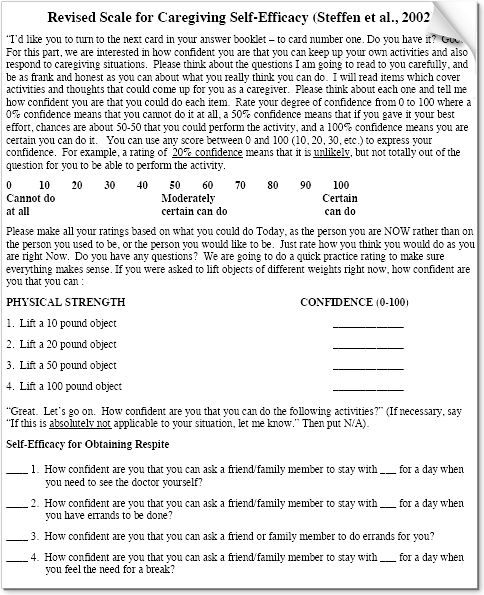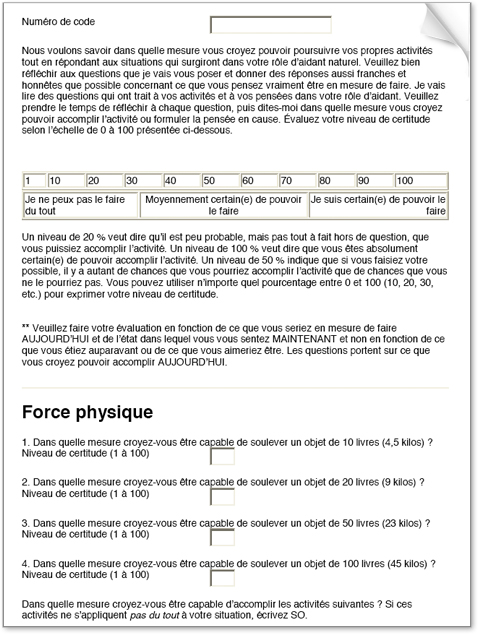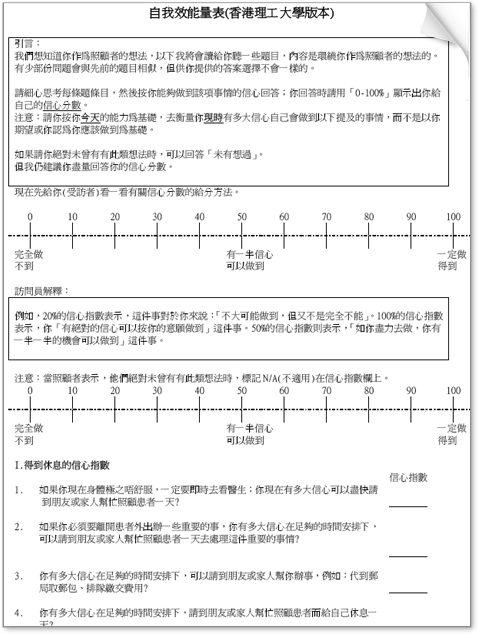When geropsychologists come together at conferences and share their stories of professional development, two themes are often present. First and foremost, we commonly fall in love with the aging population during our clinical work. As geropsychologists, we cherish the diversity and strengths that are manifest along with the challenges of aging. Individuals become more different from each other and increasingly interesting as they travel through life's journeys. Secondly, our continued efforts within clinical and community geropsychology are inspired and supported by kind and thoughtful colleagues who share these values. The work done in our lab is no exception; we welcome opportunities to learn from collaborators and explore new developments.
Intervention Development:
Grounded in cognitive-behavioral theories and strategies for change in ethnically diverse older adults (Gallagher-Thompson, Steffen & Thompson, 2008; Scogin et al., 2007; Yeo & Gallagher-Thompson, 2006; Zeiss & Steffen, 1996) and Bandura's theory of self-efficacy (1997), our lab's efforts are an extension of treatments developed by Dolores Gallagher-Thompson, Ph.D. and Larry Thompson, Ph.D. at Stanford University School of Medicine. The Women's Health Behaviors and Aging Lab at UM-St. Louis is innovative in our use of video instruction, client manuals, and telephone coaching to reduce anger (Steffen, 2000), psychosocial distress in male (Gant, Steffen & Lauderdale, 2007) and in female diverse dementia caregivers (Steffen et al., 2008). Within this page, we provide some resources for becoming familiar with this body of work, and related work on the measurement of caregiving self-efficacy.










